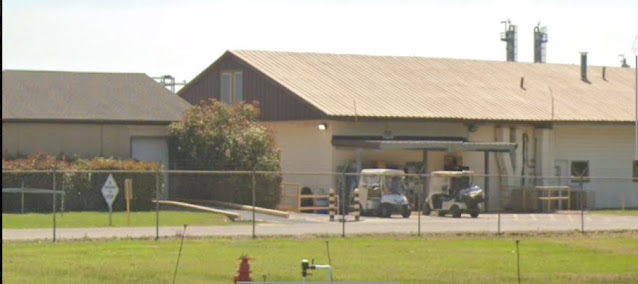The Silent Killer: Protecting Your Crew from Jobsite Heat
·
Almost half of
heat-related deaths occur on a worker’s very first day on the job
·
Over 70 percent of
heat-related deaths occur during a worker’s first week
THE REST OF THE STORY
In my first job after graduating with a civil engineering degree from Penn State, I was overseeing a $5 million Manufacturing Plant on 35 acres.
During construction, we installed a 6”
fire water line from the pump building throughout the project to the three main
buildings, the Manufacturing building, the warehouse, and the office building.
During the construction of this fire line, I had a young man show up at my construction trailer. He was about 19 years old, 5’10”, and had a very slight build. He wore slacks and a white shirt with a black tie. He introduced himself and asked if I had any work for him. I told him I didn’t, but the fire line contractor might need a laborer to install this fire line.
I asked where he was working now. He stated he was
struggling to sell automobiles at Tomball Ford, and he was looking for a career
change.
Well, on Monday morning this fellow was on-site working as
a laborer installing this fire line. I stopped by the area where they were
working. He looked up and said enthusiastically, “Hi Mike.”
Now this was summer, and the temperature was near 100
degrees.
He was 5 feet deep in the ditch and the heat index was
near 115 degrees. On the 2nd day he barely looked up and each
day that I stopped by to review the work. I could tell that he was struggling.
“I’m outta here.”
“Oh yeah.”
“Mike, do you know how hot it is in that ditch?”
“I can imagine, what’s your next step?”
“I’m going back to Tomball Ford and bear down to sell some
autos.”
“Good luck.”
The lesson learned here is that construction work in the
heat can be very dangerous and not for the faint of heart. Get used to
construction slowly in these types of conditions if you pursue a career in
construction.
Protection Strategies:
Establishing a Culture of Acclimatization
To protect new workers
from heat-related illness, employers should do the following:
·
Schedule new workers
to work shorter amounts of time working in the heat, separated by breaks, in
heat stress conditions (see below).
·
Give new workers more
frequent rest breaks.
·
Train new workers
about heat stress, symptoms of heat-related illness, and the importance of rest
and water.
·
Monitor new workers
closely for any symptoms of heat-related illness.
·
Use a buddy system and
don’t allow new workers to work alone.
·
If new workers talk
about or show any symptoms, allow them to stop working. Initiate first aid. Never
leave someone alone who is experiencing symptoms!
These increased
precautions should last for 1-2 weeks. After that time, new workers should be
acclimatized to the heat and can safely work a normal schedule.
Shettig Construction Management
provides Professional Construction Management services from the inception of
your project through completion. www.shettig.com
mshettig@gmail.com




Comments
Post a Comment